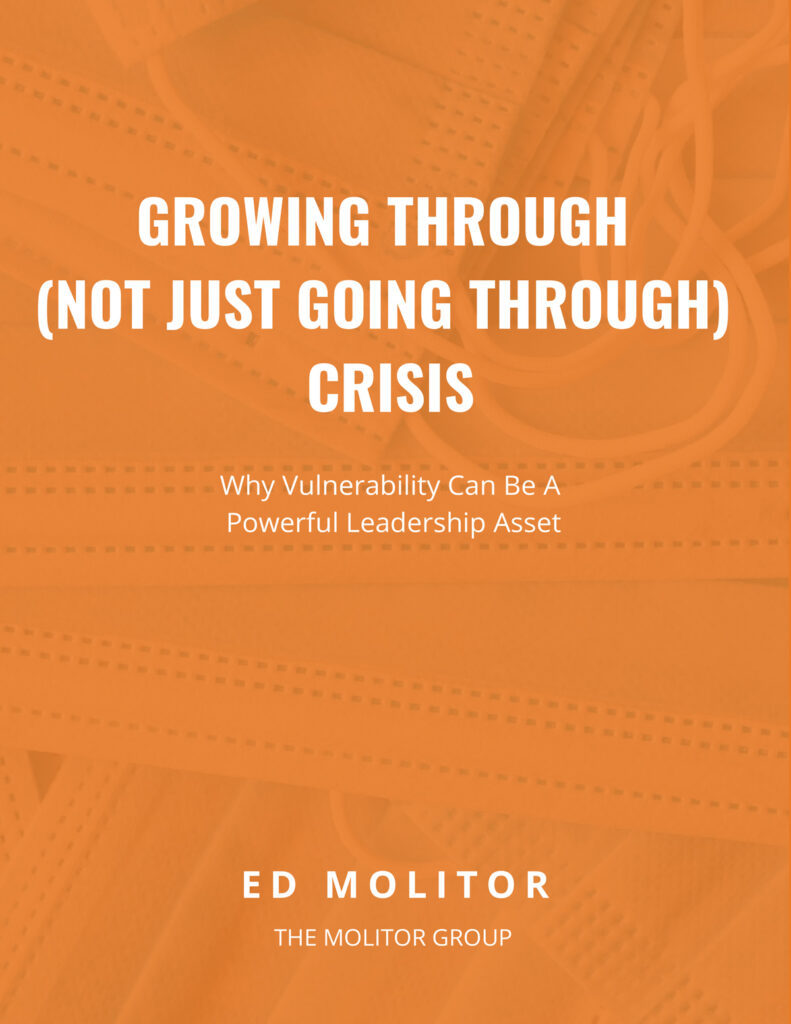
Michael Steep has been at the forefront of technology for the last 30 years. He is the author of the newly released book, “First Light of Day: A Cautionary Tale of Our Future”, and the founder and executive director of Stanford University School of Engineering’s Disruptive Technology and Digital Cities Program. In his current role, Mike has built a bridge between Stanford’s disruptive technologies labs and 30 corporate partners—including Amazon, Cushman & Wakefield, Hitachi, Visa —to create new opportunities for innovation and monetization. In addition to his work at Stanford, Mike is an Adjunct Professor of Digital Business at the Imperial College London, and serves on the Smart Cities Board of London advising commercial clients on the impact of emerging technology in their industries. Earlier, Mike held management positions for the world-renown tech research firm, PARC (formerly Xerox PARC), and for tech giants including Hewlett-Packard, IBM, Microsoft, and Apple. In the process, he has witnessed first-hand some of the greatest technological breakthroughs and transformations and worked with companies such as BMW, Google, P&G, L’Oreal, AirBus Amazon, Cushman & Wakefield, Hitachi, and Visa, to develop disruptive technologies for new lines of business. A frequent keynote speaker, Mike is an active venture investor in disruptive technologies. He earned his MBA from the University of Virginia, and his BA from the University of Pennsylvania.
What you’ll learn about in this episode:
- How disruptive technology is growing at an exponential rate, but few people know how to transform disruptive technology into opportunity
- What led Mike to found Stanford’s Engineering Center for Disruptive Technology and Digital Cities
- Why the culture of most large technology companies is what kills innovation as they continue to reward mediocrity
- How to change the culture starting at the top
- The three things that serve as major roadblocks to innovation
- Why it is so powerful to not have any preconceived notions of what you cannot do
- Why the Maverick Model doesn’t work when you are trying to change a culture
- How much time you should spend networking
- When you network, why it is important to identify both navigators and experts and how to leverage them
- How to create value for others when you are networking and need help from them
Additional resources:
- First Light of Day: A Cautionary Tale of Our Future by Mike Steep: https://www.mikesteep.com/first-light-of-day
- https://gpc.stanford.edu/
- Mike Steep
- Mike Steep
- GPCStanford


